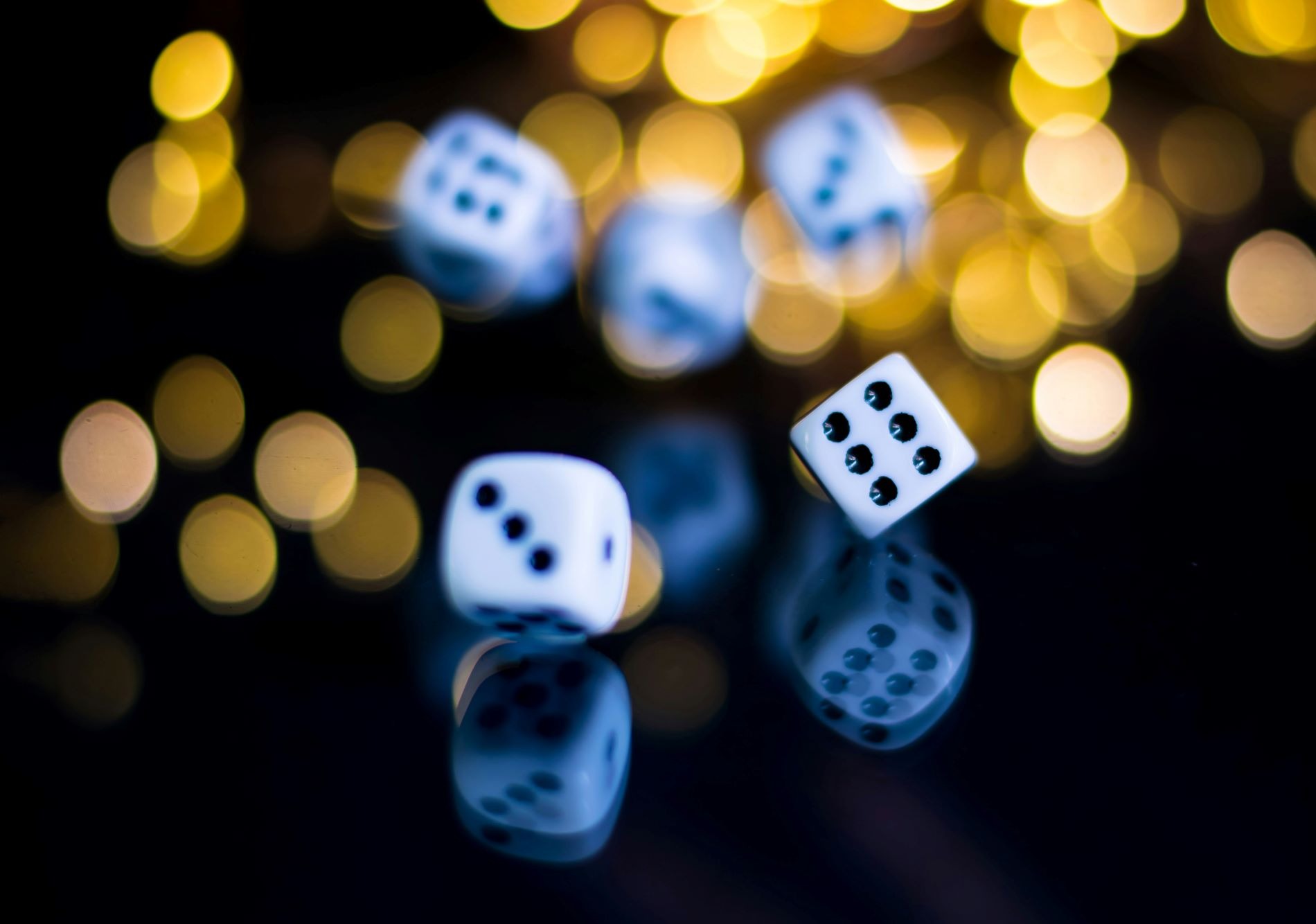The musings of a "disillusioned social scientist"

Fluke: Chance, Chaos and Why Everything We Do Matters (John Murray) by Brian Klaas
That you are reading this is stupendously unlikely. This is no reflection on New Humanist’s circulation (expanding, I’m told), but merely an attempt to render vaguely sensible the unfathomable odds against any of us existing at all. Each human being alive now is the product of an unbroken sequence of thousands of meetings stretching back millions of years, many if not most of them entirely random. Any one of them might have been thwarted by, for example, just one party to our eventual creation missing a train (or a stagecoach, or an ox cart) because they were distracted by a squirrel.
The social scientist, journalist and broadcaster Brian Klaas has starker reasons than most of us for being preoccupied by such contemplations. As he explains in the opening pages of Fluke, he is only in a position to write the book, or indeed do anything else that one might do with their time on this Earth, because of a hideous tragedy that occurred in 1905 in Jamestown, Wisconsin. A woman named Clara Jansen killed all four of her children, and then herself. Her husband, Paul Klaas, subsequently remarried, and somehow summoned the optimism to start another family; he was the author’s great-grandfather. “My life,” writes Klaas, “was only made possible by a gruesome mass murder.”
Klaas further illuminates his thesis in the opening chapters of Fluke with examples of how caprices of fate govern not just our own lives, but the course of nations. One is a lesson from history. Nagasaki, obliterated by an American atomic bomb on 9 August 1945, was the third choice of city to be the second target of the United States’ terrible new weapon.
The first, Kyoto, had been vetoed because Henry Stimson, US Secretary of War, had visited with his wife in the 1920s and remembered it fondly. The second, Kokura, was spared on the day because the crew aboard the B-29 carrying the bomb couldn’t see their target for clouds. They diverted to Nagasaki, where the visibility was better.
Another is a finding from Klaas’s own reporting. Researching an earlier book, he looks into why an attempted coup d’état in Zambia failed. He arrives in Zambia wondering whether it was testament to the strength of the country’s institutions, or perhaps neglect on the part of the plotters in arraying public opinion behind them. He discovers instead that the day was saved by the poor stitching of one general’s trousers, which fortuitously unravelled as he clambered over a fence, enabling him to evade the grasp of the usurpers. “Democracy survived,” writes Klaas, who has an admirable knack for the droll payoff, “quite literally by a thread.”
For these and other reasons, Klaas describes himself as “a disillusioned social scientist”. Having been trained to look for elegant patterns, to neatly attach effects to causes, he begins to wonder if the world he has been examining is just one vast and impenetrable knot of loose ends.
A lesser thinker and writer might lapse at this point into nihilistic ennui, or at least find themselves resignedly agreeing with P. J. O’Rourke’s immortal definition of the social sciences: “Folks do lots of things, we don’t know why, test on Friday.” But Klaas manages to find in this chaos an invigorating elixir of liberation, reassurance and, above all, gratitude.
“If someone else,” he writes, “had been born instead of you – the unborn ghost whom you outcompeted in the existence sweepstakes – countless other people’s lives would be profoundly different, so our world would be different. The ripples of every life spread out, in unexpected ways, for eternity.”
We cannot, of course, always control the ultimate outcomes of our actions. If everything we do matters, chances are that some of the things we do, however benign our intentions, are going to have regrettable consequences: a New Humanist reader, absorbed by this review at a bus stop, does not notice the grand piano falling from a cargo aircraft flying overhead, etc. The great strength of Fluke is that Klaas does not offer a simple answer to existential conundrums of this sort: indeed, part of the concluding chapter is a richly entertaining dismantling of the kind of books that do.
Those who cling doggedly to any belief – whether utopian or dystopian – that it is possible to impose much order upon existence, or infer any order from it, may find their preconceptions affably upended by Fluke. Those who share Klaas’s interest in (and enjoyment of) the chaos we navigate will find a smart, funny and correctly humble manifesto for appreciating our world.
This article is from New Humanist’s autumn 2024 issue. Subscribe now.

